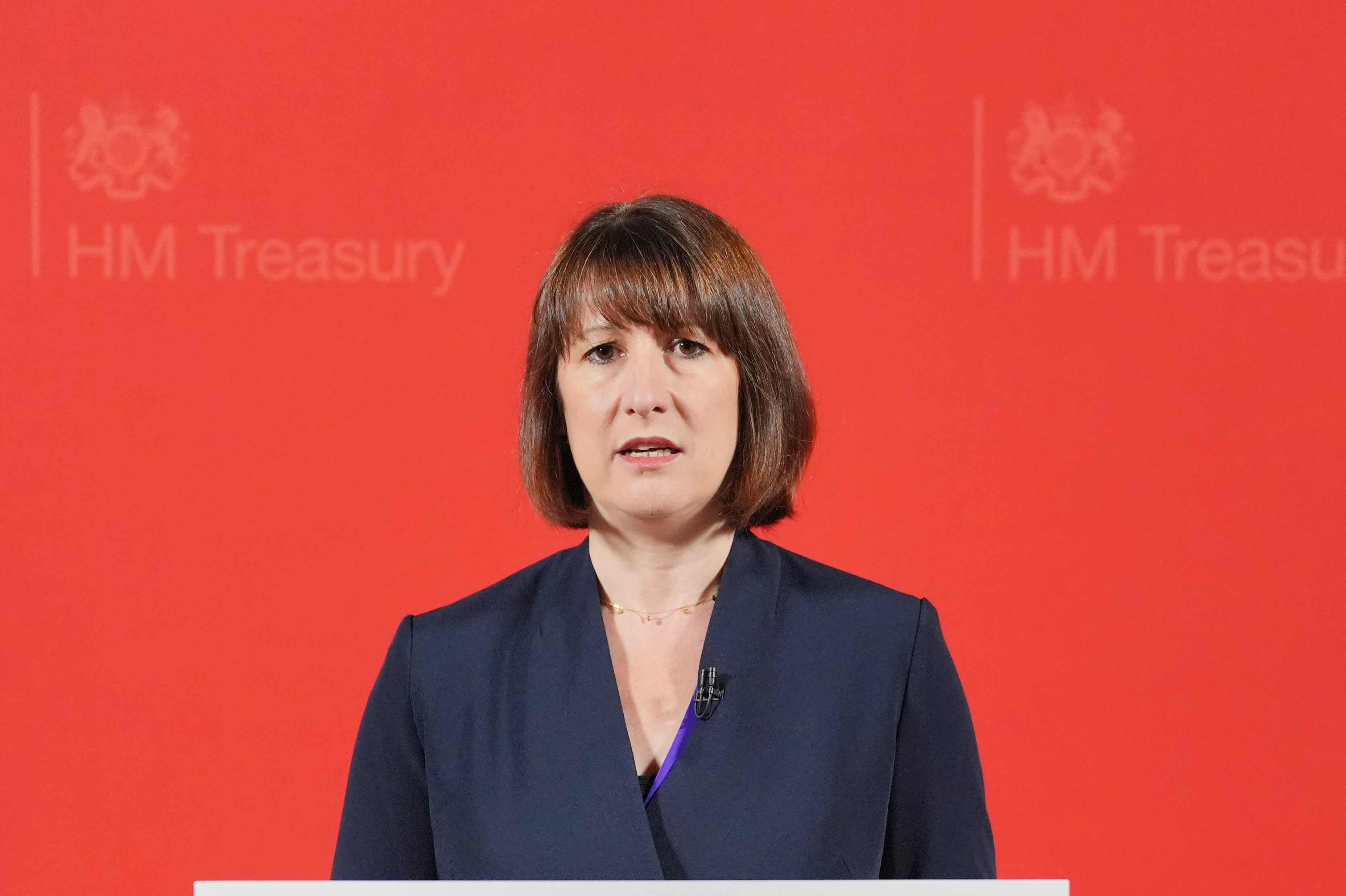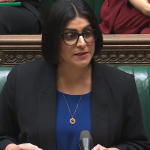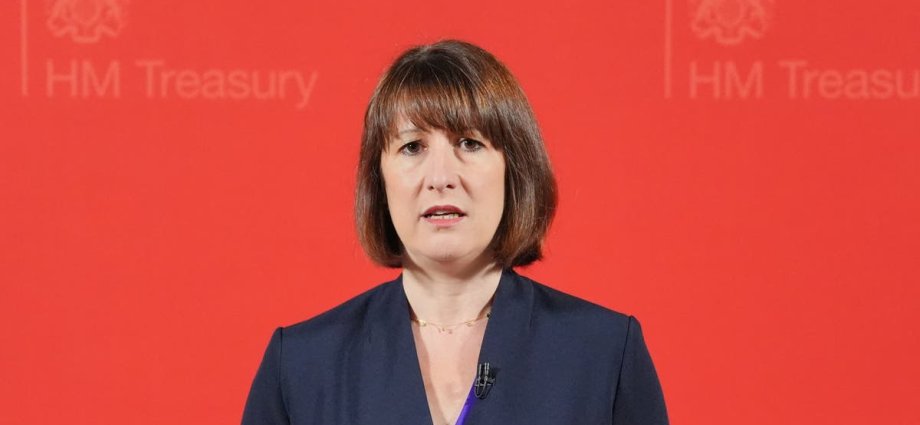Rachel Reeves could raise £10bn a year in wealth taxes as she looks to plug a massive hole in the public finances left by the Conservatives, according to a new report.
The left-leaning Resolution Foundation think tank says the chancellor could find the cash to fund Labour’s plans for power, including inflation-busting pay hikes for public sector workers, by levying taxes on unearned wealth.
The report identifies Britain as a nation of “booming wealth” but “busted wealth taxes”, and sets out how taxing the richest could be the key to raising funds.
It comes ahead of a major speech by the chancellor in which she will blame Rishi Sunak’s government for Labour’s dire economic inheritance. She is expected to point to a series of unfunded spending commitments and identify a £20bn gap in current plans.
Former chancellor Jeremy Hunt claims the move is a pretext to raise taxes and said the books have always been open to scrutiny.

The Resolution Foundation said inheritance tax has generous reliefs that mean the richest often pay a low effective rate, and that ending them would raise up to £2bn a year.
A further £7.5bn could be raised each year by equalising capital gains and income tax rates, the think tank argues. The top rate of capital gains tax is 28 per cent, while the top rate of income tax is 45 per cent.
Labour did not take changes to capital gains and inheritance taxes off the table during the election and the environment secretary, Steve Reed, did not rule them out on Sunday.
Mr Reed doubled down on Labour’s promise not to raise income tax, VAT or national insurance, saying the party would not seek to put up taxes on working people.
He told the BBC’s Sunday with Laura Kuenssberg: “The reason we don’t want to do that is that after 14 years of the Conservatives, we have the highest level of personal taxation on working people for 70 years – we’re in a cost of living crisis.
“This government will not seek to increase taxes on working people.”
The Resolution Foundation’s report highlights huge “wealth gaps” in the UK, with families in the top 10 per cent having £1.3m more wealth per adult than those in the middle.
It said wealth inequality is almost twice as high as income inequality, with three in 10 families having less than £1,000 in savings before Covid-19 struck. While wealth inequality has grown, taxes on wealth have remained relatively low at around 3 per cent of national income, the report said.
Resolution Foundation senior economist Simon Pittaway said: “For decades, Britain has been riding the wave of a wealth boom, and one that has been only slightly deflated by the recent rise in interest rates.
“As a result, wealth has increased from four times national income when Labour was last in office to six times national income today.
“But too many families have missed out on this wealth boom. Over one in four people say they wouldn’t be able to pay an unexpected expense of £850, highlighting that too many families lack a basic financial safety net that even moderate levels of wealth can provide.
“Wealth taxes have failed to catch up too.
“Modernising our wealth taxes, removing leakages and distorting behaviour could improve the efficiency of our tax system and raise vital revenue for the exchequer.”
The Sunday Telegraph reported that Treasury officials have drawn up plans to bring capital gains tax in line with income tax to help plug the hole in Britain’s finances.
Another option being considered is cutting pension tax relief for middle-class workers.
Any tax changes will be announced by Ms Reeves this autumn when she delivers her first Budget, the date of which will be confirmed on Monday.
She is set to tell parliament that Mr Sunak’s party left a £20bn black hole in the public finances, including making significant funding commitments this year with no idea how they would be paid for.
An assessment of government spending will show that “Britain is broke and broken” and will reveal “the mess that populist politics has made of the economy and public services”. It will set the stage for “difficult decisions” to be taken “to start to rebuild the country”.
But Mr Hunt said the books have been “wide open”, accusing Labour of “peddling fiction which is widely rejected by independent commentators”.
He added: “Their motive is clear: having promised not to raise taxes 50 times before the election, they now need a pretext – but trying to scam the British people so soon after being elected is a high-risk strategy doomed to fail.”











